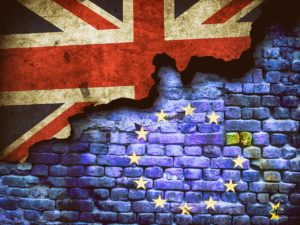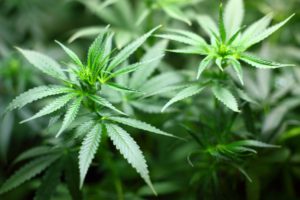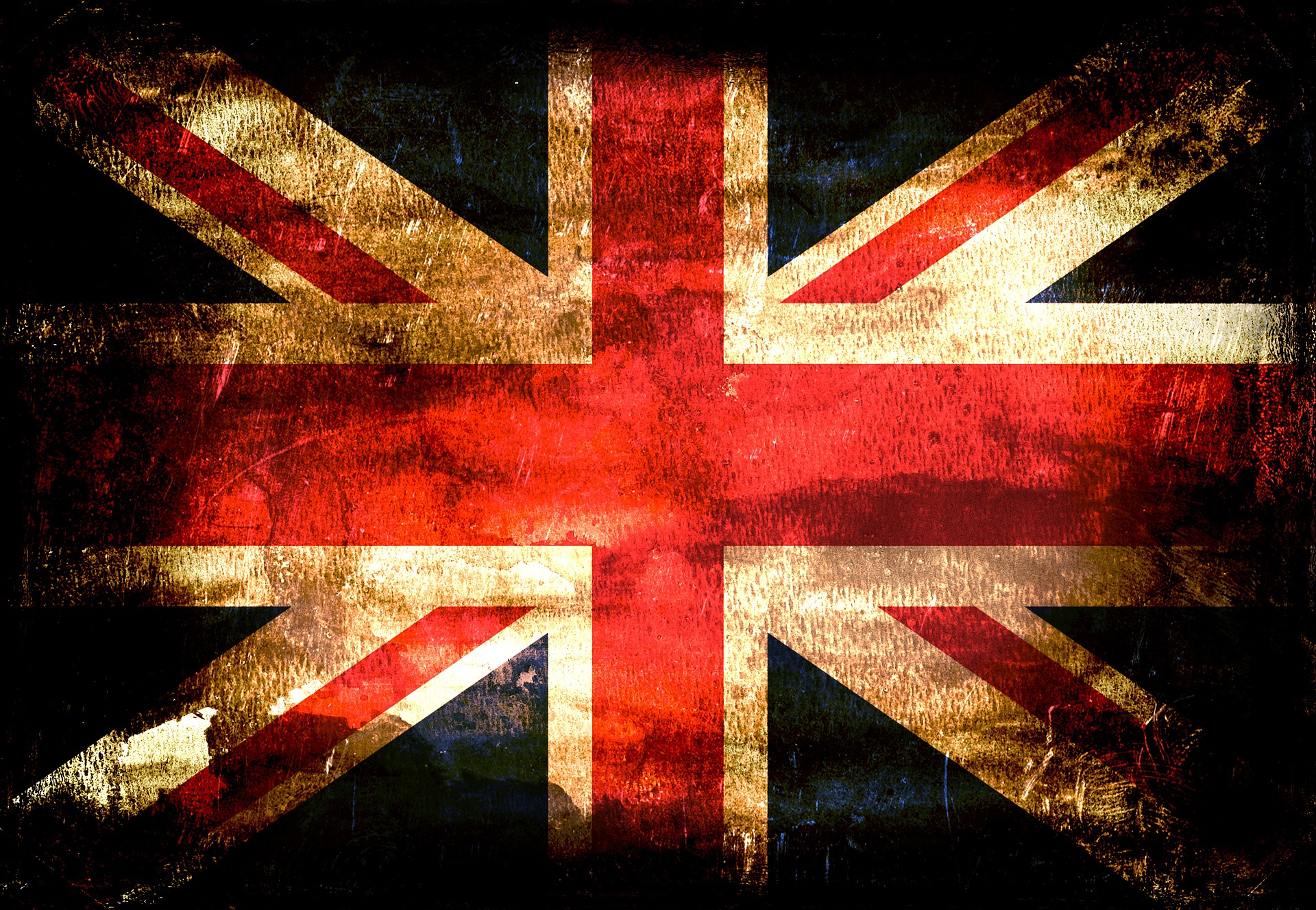The trend continues… Britain’s Food Standards Agency (FSA) now recognizes CBD edibles and supplements as “novel foods”.
All foods must receive authorization before going to market, but under EU regulations, CBD products classed as ”novel foods” go through an extra layer of vigorous testing, including tests to ensure they contain the ingredients listed. CBD is slowly but surely being blocked in the EU one market after the other.
With evidence that countries such as Spain, Italy and Austria have all been taking enforcement actions against CBD products on the basis of being “novel foods”, it would seem likely that they will quickly adopt the new guidance and expand their efforts to include all cannabinoid-containing food items accordingly, and now its The UK’s turn.
This means that foods with cannabinoids could be out of the European market and removed from commercial sales until this approval process to permit their use is completed. If this new legislation goes through, producers will be unable to sell cannabis edible products up to 18 months, cutting off supply to consumers who found it helpful.
The EFSA is currently considering a novel food application for CBD use in food supplements for adults with a daily intake of 130mg only. A final opinion is expected in March 2019. If the EFSA is successful, the European Commission will draft an implementing act permitting the use of the product within 7 months only.

CBD novel foods: The process will continue after Brexit.
Cannabis derivative supplements sold legally in shops like Holland and Barrett in the UK have been labeled ‘novel foods’ because they were not consumed to a significant degree before May 1997. The process will continue after Brexit as the UK intends to transfer the EU rules into UK law.
Under the new system, sellers would have to show that the oil is safe and has the effects claimed. A spokesman from the Cannabis Trades Association (CTA) said: “Trading Standards have the right to enter your premises and inspect stock to determine its novel status. We are putting in transition measures to aid enforcement and block sales.”
But some good news for the UK, the new food regulations won’t change the selling of CBD products for external use, such as face washes and cosmetics, at least for now. Sellers of ingestible CBD products will have to apply for a new novel foods license. An FSA spokesperson stated, “Each novel food application is individually assessed and, dependent on the food, there may be more regulations/checks to be made before it is approved or denied by European Food Safety Authority.”
We interviewed Roby Zomer, Co-Founder and Managing Director at MGC Pharma, a publicly traded Australian cannabis Pharmaceutical company based in Slovenia who already their high-end product lines in the UK.
“As a Pharma company, MGC supports the need for formal and organized regulations in a regulated industry. Furthermore, MGC holds a Nutraceutical and lifestyle division which is already active in Europe with products on the shelves mainly in the UK. Our products have been developed in compliance to the up-coming Novel Food Catalog.”
“We hope that the process to regulate and fit the market will happen fast in order to keep the availability of consumer products such as skin care, anti-aging, and Nutraceuticals available to the public. Accurate legislation is needed to prevent misleading and inaccurate claims on products, medicine, and lifestyle consumer goods should be distinguished between them. For the safety of patients, we need such regulations in place.”

Expect some big changes to the cannabis industry over the next few years
He continues:
“Regarding CBD cosmetics, we believe there won’t be a problem as the products and its claims are not systematic, not considered food or ingested, it is only topical (external use only) and has passed safety tests on humans.”
“On the Nutraceuticals, we assume that the CBD products will have some difficulties but as some of our product are not CBD based but HEMP based such as omega and proteins we don’t see a problem there at this stage.”
CBD novel foods must be authorized
All CBD novel foods must be authorized by the European Commission before they can be sold in the EU. The EU Novel Foods Catalogue was recently updated to say “extracts of Cannabis sativa L. and derived products containing cannabinoids, including CBD, are considered novel foods as a history of consumption has not been demonstrated.” It adds: “This applies to both extracts themselves and any products to which they are added as an ingredient (such as hemp seed oil).”

Strict regulations are at hand and enforcement is upon us, but the regulatory state is still very unclear.
As we can see, strict regulations are at hand and enforcement is upon us, but the regulatory state is still very unclear. It is manifesting in front of our eyes. In some local markets, all CBD products are taken off the shelves, food or not. In some other markets, only food is taken off while cosmetics are still at play. Whether it’s big companies or small, public or family owned, it does not matter, it will affect them all.
It does seem that only the big and well-funded will survive this upcoming change. In this evolving multi-billion dollar potential market, adaptation is the key. Understanding that all this is a natural process of legitimizing a once unlawful product, even though it has been in use by humankind for thousands of years, is just the painfully slow process of modern medicine. Slowly but surely, we all will all have access to this wonderful substance in all forms and delivery methods, wellness or pharmaceutical. The question arises at what cost, when and on whose expense?
Keep following CBD Testers as we dive deep into this unfolding exciting times of cannabis conformity and history in the making. Subscribe to the Medical Cannabis Weekly Report and keep yourself updated!

